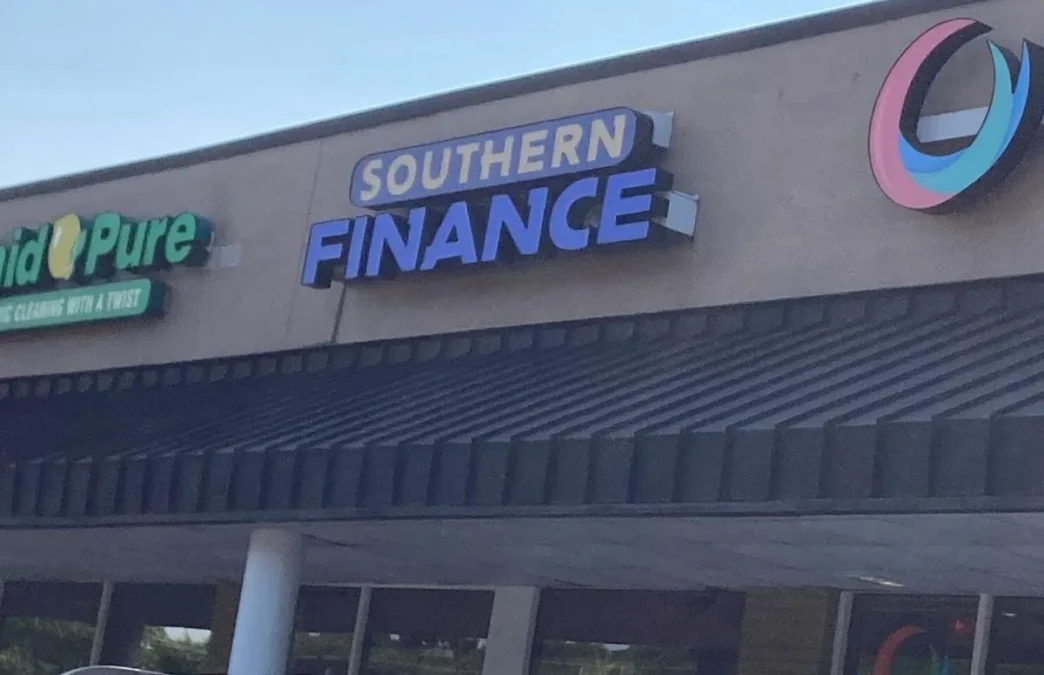Southern finance plays a pivotal role in shaping the economic landscape of the Southern United States, a region known for its vibrant economy, diverse industries, and growing population. This region’s financial institutions, investment opportunities, and economic policies contribute significantly to the prosperity of individuals, businesses, and communities. This article explores the key aspects of southern finance, from its historical roots to its modern developments, while highlighting its impact on the regional and national economy.
The Historical Foundations of Southern Finance
The roots of Southern finance can be traced back to the early days of the United States, when agriculture dominated the Southern economy. Cotton, tobacco, and other cash crops drove trade and investment, leading to the establishment of banks and financial institutions to support agricultural commerce. Cities like Charleston, Savannah, and New Orleans became financial hubs, facilitating trade and acting as centers for banking activities.
In the aftermath of the Civil War, the Southern economy underwent significant changes. Reconstruction brought challenges, but it also laid the groundwork for economic diversification. Financial institutions began to support industries beyond agriculture, including manufacturing, transportation, and energy production. This marked the beginning of a more dynamic and multifaceted financial system in the South.
The Modern Southern Financial Landscape
Tt is characterized by various industries, including banking, real estate, energy, healthcare, and technology. The region boasts a thriving economy, with cities like Atlanta, Charlotte, Dallas, and Houston emerging as major financial centers. These cities house numerous national and regional banks, investment firms, and insurance companies, contributing to the South’s reputation as an economic powerhouse.
Atlanta: The Financial Hub of the Southeast
Atlanta, often called the “Wall Street of the South,” is home to major financial institutions, including SunTrust Bank (now part of Truist Financial) and Invesco, a global investment management company. The city’s strategic location, robust infrastructure, and skilled workforce make it a key player in southern finance. Atlanta’s financial sector supports industries ranging from logistics and transportation to technology and film production.
Charlotte: The Banking Capital of the South
Charlotte, North Carolina, is another prominent player in southern finance, serving as the second-largest banking center in the United States after New York City. The city is the headquarters for major financial institutions, including Bank of America and Truist Financial. Charlotte’s banking industry fuels economic growth and provides financial services to businesses and individuals across the region.
Houston and Dallas: The Energy and Business Finance Hubs
Texas, with its booming economy, is a cornerstone of southern finance. Houston and Dallas play critical roles in the financial landscape of the South, particularly in the energy sector. Houston, known as the “Energy Capital of the World,” is home to financial institutions that support the oil, gas, and renewable energy industries. On the other hand, Dallas has a diversified economy with strengths in technology, telecommunications, and real estate finance.
Key Sectors Driving Southern Finance
Southern finance is not confined to banking and investment. Several key sectors contribute to the region’s economic vitality, creating opportunities for growth and innovation.
Real Estate and Urban Development
The South’s rapid population growth has fueled deal estate and urban development. Demand Cities like Austin, Nashville, and Raleigh are experiencing unprecedented growth, driving investments in residential, commercial, and industrial properties. Southern finance is critical in funding real estate projects, from large-scale developments to affordable housing initiatives.
Energy and Infrastructure
The South’s abundant natural resources have positioned it as a leader in energy production. Southern finance supports investments in oil, natural gas, and renewable energy projects, enabling the region to meet energy demands and transition to sustainable practices. Infrastructure development, including transportation and utilities, also benefits from financial investments, boosting regional connectivity and economic resilience.
Technology and Innovation
In recent years, the South has emerged as a hub for technology and innovation. Cities like Austin, Atlanta, and Charlotte have attracted tech startups and established companies seeking a favorable business environment and access to talent. Southern finance is crucial in providing venture capital and funding for tech-driven initiatives, fostering innovation and job creation.
Agriculture and Agribusiness
While the Southern economy has diversified, agriculture remains a vital sector. Southern Finance supports farmers and agribusinesses through loans, insurance, and investment opportunities. This financial support enables the region to remain a agricultural production and export leader.
Challenges and Opportunities in Southern Finance
Challenges
Despite its many strengths, Southern Finance faces challenges that require strategic solutions. For example, economic disparities between urban and rural areas highlight the need for targeted financial services and investments in underserved communities. Additionally, the region’s susceptibility to natural disasters, such as hurricanes and flooding, necessitates robust insurance and risk management strategies.
Opportunities
Conversely, Southern Finance is well-positioned to capitalize on emerging opportunities. The rise of fintech (financial technology) presents avenues for innovation in banking and investment services. Moreover, the South’s commitment to sustainability and renewable energy opens doors for green finance initiatives, attracting environmentally conscious investors.
The Role of Community Banks in Southern Finance
Community banks play a unique and essential role in Southern finance. These smaller financial institutions are deeply rooted in local communities, offering personalized services and supporting small businesses. Community banks provide crucial funding for startups, family-owned businesses, and regional development projects, contributing to the economic vibrancy of the South.
Southern Finance and Economic Resilience
One of the defining characteristics of Southern finance is its resilience. The region’s financial institutions have weathered economic downturns and natural disasters, adapting to changing circumstances and emerging stronger. This resilience is a testament to the South’s entrepreneurial spirit and commitment to economic growth.
The Future of Southern Finance
Looking ahead, Southern Finance is poised for continued growth and innovation. As the region attracts new businesses and residents, financial institutions will be vital in supporting economic expansion. Advancements in technology, coupled with a focus on sustainability and inclusivity, will shape the future of southern finance, ensuring its relevance and impact in a rapidly changing world.
Conclusion
Southern finance is more than a regional economic engine; it is a dynamic and evolving system that reflects the South’s rich history, diverse industries, and forward-looking vision. From its agricultural roots to its modern financial centers, Southern Finance has consistently adapted to meet the needs of individuals, businesses, and communities. As the region grows and thrives, southern finance will remain at the forefront of economic development, driving innovation, resilience, and prosperity for future generations. Whether you’re an entrepreneur, investor, or resident, understanding the intricacies of southern finance is essential for navigating the opportunities and challenges of this vibrant and influential region.



